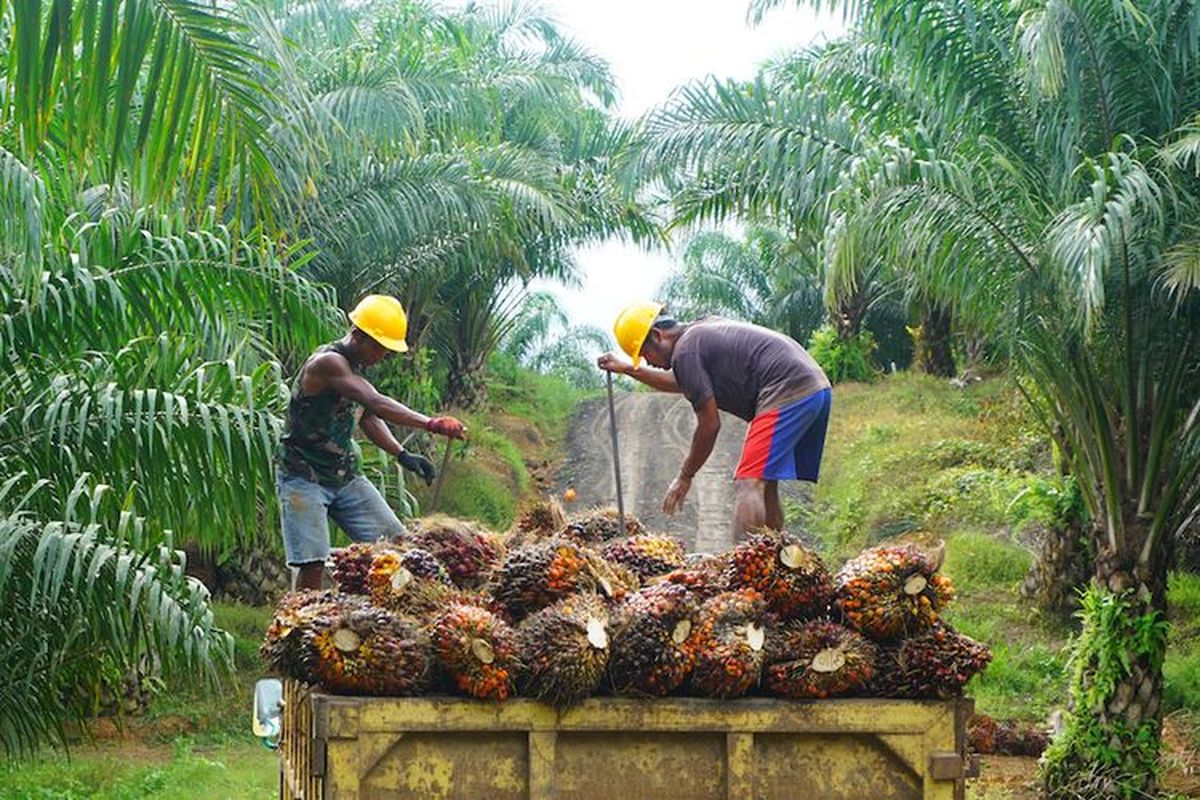Indonesia, the world’s largest producer of palm oil, is now taking bold steps to become the global price setter for this key commodity. As demand for palm oil rises, Indonesia’s significant market share in the global palm oil supply chain strengthens its case for taking a leadership role in price-setting. This ambition aligns with Indonesia's broader economic strategy to leverage its natural resources more effectively and reduce reliance on global price benchmarks, particularly those in Europe.
Currently, palm oil prices are set primarily by international markets such as the Malaysia Derivatives Exchange (MDEX) and other Western commodity markets. However, with Indonesia accounting for approximately 60% of the global palm oil supply, the Indonesian government sees a unique opportunity to shift the price-setting power closer to home. By establishing a domestic price benchmark, Indonesia aims to not only increase its influence over global pricing but also protect its industry from price volatility often linked to fluctuating global demand and geopolitical tensions.
To realize this goal, Indonesia’s government, along with key industry players, is working on creating a national exchange specifically for palm oil. The proposed exchange is designed to allow producers and buyers to trade in Indonesian rupiah, rather than foreign currencies, which would mitigate foreign exchange risk and provide more stable prices for local producers. This initiative is expected to attract major palm oil buyers, such as China and India, which rely heavily on Indonesian palm oil imports and may support the transition to an Indonesian-set pricing standard.
Moreover, becoming the global price setter could give Indonesia more leverage in advocating for sustainable palm oil practices. The country has faced criticism from environmental organizations over deforestation and labor issues linked to palm oil production. By setting prices, Indonesia could promote sustainable practices among producers, possibly providing price incentives for compliance with environmental and labor standards. This move could strengthen Indonesia’s position in the global market, aligning economic goals with sustainability demands from international buyers.
However, Indonesia’s journey to price-setting dominance will likely face challenges. Competing countries, especially Malaysia, which also plays a significant role in the palm oil market, might resist this shift in pricing power. Additionally, buyers and traders are accustomed to established pricing mechanisms and may be hesitant to adopt a new benchmark in Indonesia.
If successful, Indonesia’s move to set palm oil prices could have far-reaching implications. A stable, Indonesia-led pricing system may encourage more investment in the local palm oil industry, boost national revenues, and create a new model for resource-rich countries looking to control their commodity prices. Such a shift could also reduce the influence of Western markets on commodities originating in developing nations, signaling a potential change in how global commodities are traded.
In conclusion, Indonesia’s ambition to set global palm oil prices is not only economically strategic but could also mark a shift in commodity pricing power towards the world’s leading producers. With careful planning and collaboration, Indonesia is positioning itself to potentially redefine the global palm oil market, benefiting both local producers and the broader economy.
Read More






 Monday, 23-02-26
Monday, 23-02-26







